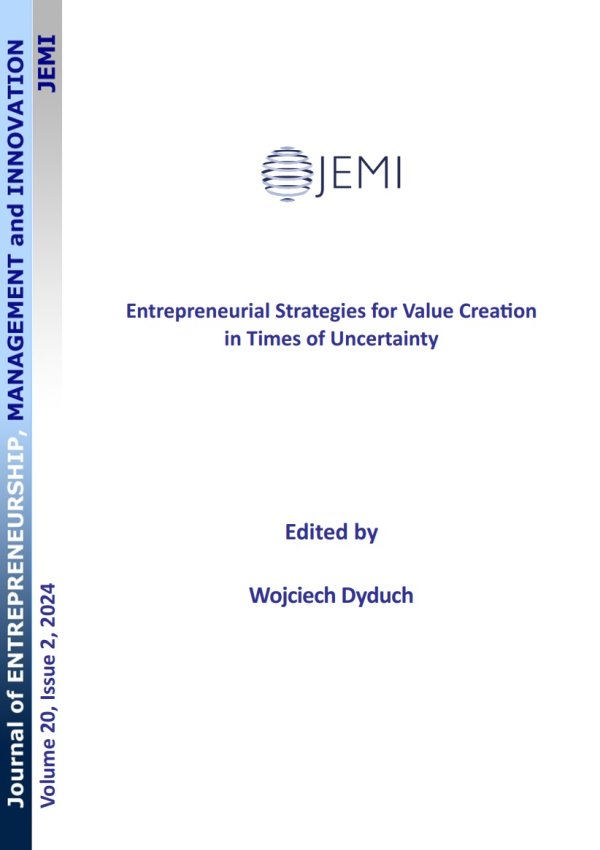Dorys Y. Rodríguez-Castro, Mg.Sc., Predoctoral researcher, Deusto Business School, University of Deusto, Unibertsitate Etorb., 24, 48007 Bilbo, Bizkaia, Spain, e-mail: This email address is being protected from spambots. You need JavaScript enabled to view it. 
Juan Aparicio, Ph.D., Director of the Center of Operations Research (CIO in Spanish), University Miguel Hernandez of Elche, Center of Operations Research, Center of Operations Research, Avda. de la Universidad, s/n, 03202 Elche, Spain, e-mail: This email address is being protected from spambots. You need JavaScript enabled to view it. 
Abstract
Purpose: The paper introduces a functional framework that synthesizes the functions and capabilities that currently guide the empirical evaluations identified in the literature. Methodology: In this paper, a systematic review of the literature is carried out, which sheds light on the relationship between the modeling of the production of higher education institutions and the objectives of higher education policies. Findings: Our results evidence that four input-output relationships predominate in the production models used to measure the performance of higher education institutions. However, our results point to the existence of certain imbalances in measuring the three university missions. Implications for theory and practice: The functional framework presented here shows that there are several mismatches between the production that is examined in the assessment of HEIs' performance and the goals of higher education policies. This has important implications, both for academia and for the policy practice of HEIs and HESs, if we are to achieve a fair and equitable representation of the activities performed by HEIs and their multiple contributions to HESs. Originality and value: This review emphasizes the need to address broader analytical frameworks that help to avoid possible systemic failures that may arise due to the absence or excessive importance given to concrete functions and capabilities.
Keywords: higher education institutions, functions, performance, capabilities.literature review, integrative, efficiency, functional framework.






